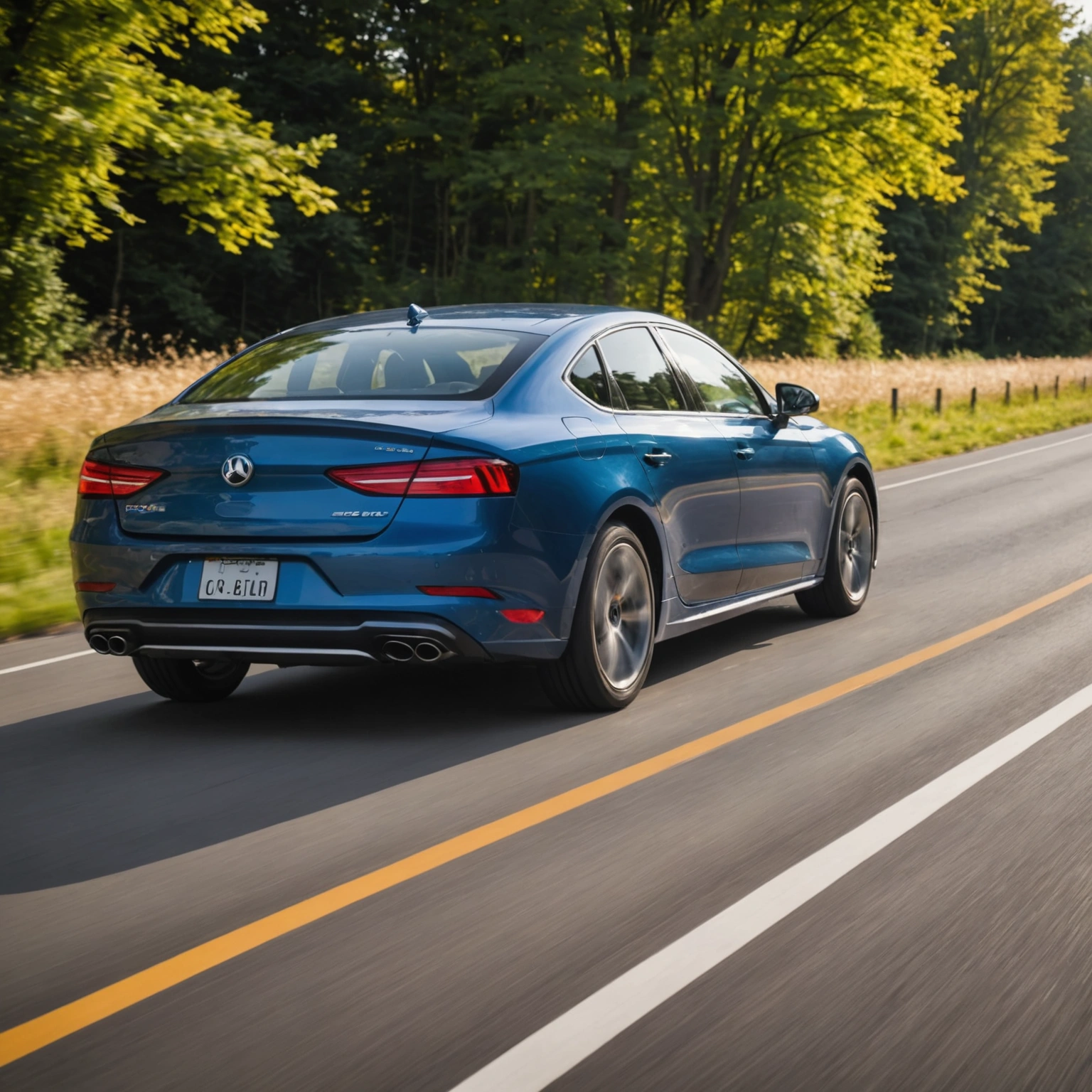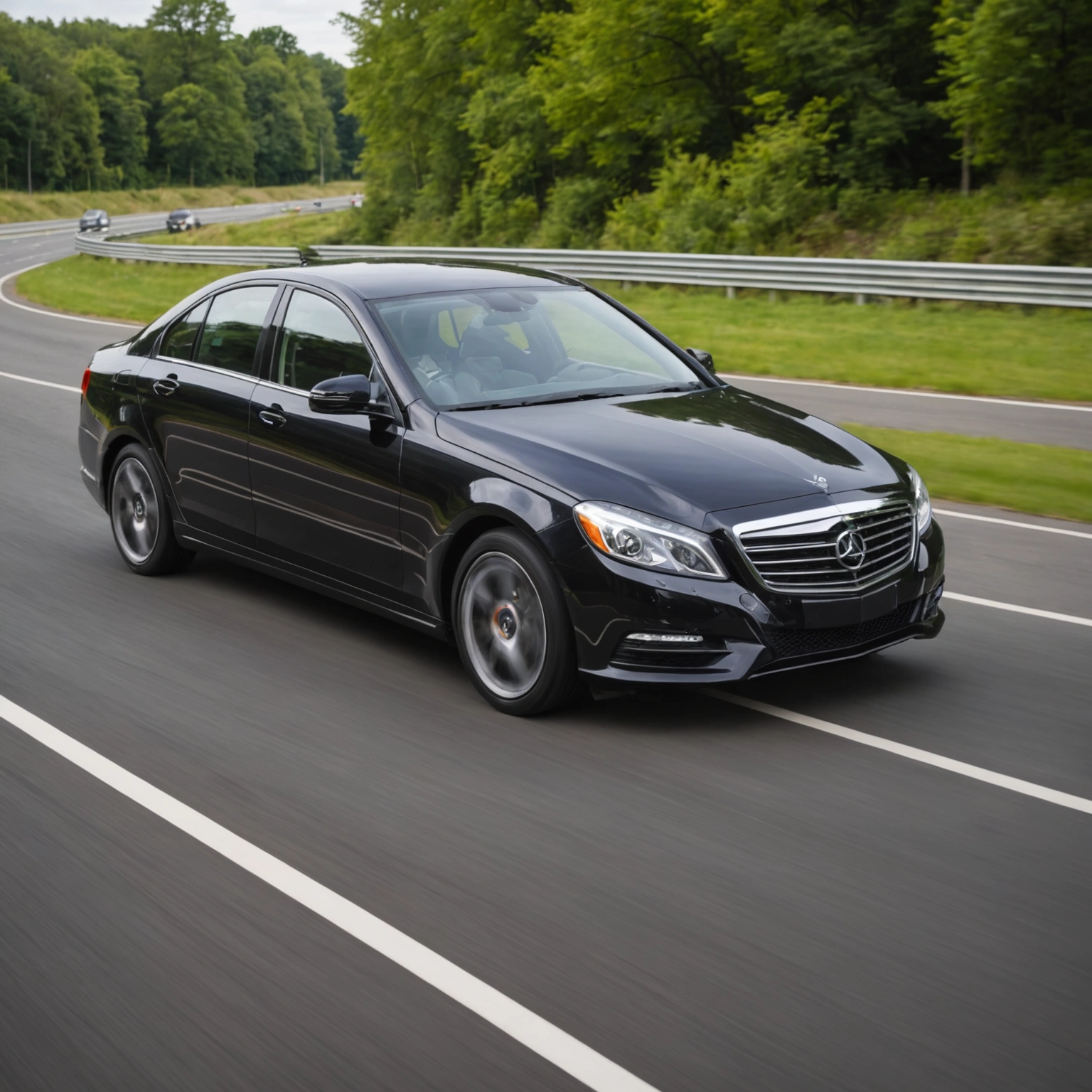**Why Does My Car Shake After 60 MPH? Understanding the Causes and Solutions**
If you’ve noticed your vehicle starts to shake or vibrate when you hit speeds of 60 mph or higher, you’re not alone. This common issue can be unsettling and sometimes concerning, but understanding the underlying causes can help you address it effectively. Let’s explore the primary reasons why your car might shake after reaching 60 mph and what you can do about it.

### Common Causes of Car Vibration at High Speeds
#### 1. Wheel Imbalance

**Most Common Culprit**
Uneven weight distribution on your wheels is the leading cause of vibrations at higher speeds. When wheels are improperly balanced, it causes the tires to wobble slightly as they spin, leading to noticeable shaking.

**Signs:**
– Vibration felt mainly through the steering wheel

– Vibrations intensify as speed increases
– Uneven tire wear
**Solution:**
A professional wheel balancing service can correct this issue, restoring smoothness to your ride.
—
#### 2. Misaligned Wheels
**Alignment Problems**
Poor wheel alignment can cause your vehicle to vibrate and even pull to one side. Misalignment can result from hitting potholes, curbs, or regular wear and tear.
**Signs:**
– Car pulling in a particular direction
– Uneven tire wear
– Vibrations at certain speeds
**Solution:**
Get a wheel alignment performed by a qualified mechanic to ensure your wheels are correctly aligned.
—
#### 3. Tire Issues
**Tire Damage or Wear**
Damaged, worn, or irregularly worn tires can cause vibrations. Flat spots, bulges, or separated tread can all lead to instability at high speeds.
**Signs:**
– Visible tire damage
– Uneven tread wear patterns
– Vibration that correlates with specific tires
**Solution:**
Inspect your tires and replace any damaged or excessively worn tires.
—
#### 4. Suspension and Steering Components
**Worn or Damaged Parts**
Suspension components such as tie rods, ball joints, or shocks can wear out over time, leading to vibrations and poor handling.
**Signs:**
– Vibration accompanied by loose steering
– Clunking noises
– Uneven ride quality
**Solution:**
Have your suspension system inspected and repaired as needed.
—
#### 5. Brake Issues (Less Common at High Speeds)
While brake problems tend to cause vibrations during braking, sometimes warped rotors can cause vibrations at all speeds, including after 60 mph.
**Signs:**
– Vibration felt when applying brakes
– Warped rotors visible upon inspection
**Solution:**
Resurfacing or replacing brake rotors as necessary.
—
### Preventative Measures and Tips
– **Regular Maintenance:** Schedule routine tire rotations, wheel alignments, and suspension inspections.
– **Check Tire Pressure:** Properly inflated tires help maintain stability.
– **Visual Inspection:** Look for signs of tire or wheel damage.
– **Drive Carefully:** Avoid hitting potholes or curbs that can misalign wheels or damage tires.
—
### When to See a Professional
If your car continues to shake after addressing these common issues, or if you’re unsure about inspecting certain components yourself, it’s best to consult a trusted mechanic. Persistent vibrations could indicate underlying problems that require expert diagnosis.
—
### Final Thoughts
A shaking car after 60 mph is often fixable with proper maintenance and timely repairs. Addressing wheel imbalance, alignment, tire health, and suspension components can restore a smooth, comfortable ride and ensure your safety on the road. Don’t ignore persistent vibrations—they’re your vehicle’s way of signaling that something needs attention.
Safe driving!

